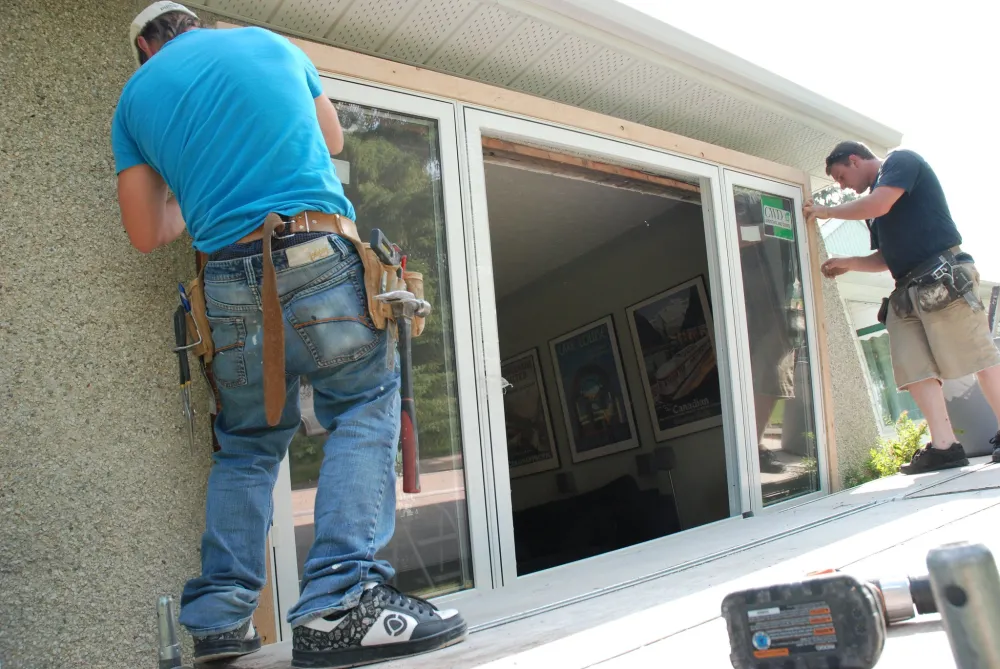VANCOUVER — Tom-Pierre Frappé-Sénéclauze, director of Buildings and Urban Solutions at the Pembina Institute, made the following statement in response to the launch of the Canada Greener Homes Grant:
“Renovating Canada’s millions of homes and apartments to make them climate ready requires an all hands on deck effort. It is good to see the federal government incentivizing retrofits, but the scale of funding allocated here does not match the urgency of the moment.
“Today’s announcement misses the mark on funding and effectiveness of program design. We estimate the public investments needed to meet these objectives at about $10 to $15 billion per year, every year between now and 2040, or until appropriate regulatory drivers are in place. This is an order of magnitude higher than the investments made to date, both in spending envelope and in longevity of programs. Utility, federal and provincial incentives announced or in place today across Canada offer a cumulative $2 billion annually, leaving a funding gap of approximately $8-13 billion.
“To meet our Paris commitment, we need to renovate most homes and buildings in Canada before mid-century to make them more energy efficient and low carbon. Homes and other buildings account for 17% of carbon pollution in Canada, mostly from the combustion of natural gas and oil for heating, and, in some provinces, the continued use of coal and gas to produce electricity.
“To eliminate carbon pollution from our homes, we need to replace gas and oil equipment with highly efficient heat pumps, and connect them to clean electricity. To improve the health and comfort of residents and keep the bills low, we also need to include energy efficiency upgrades: plugging air drafts, changing windows, adding insulation, increasing ventilation and air filtration, etc. These upgrades can also make our homes more resilient to extreme weather events such as heat waves, floods, forest fire smoke, and power outages. These are our new reality, and we must be proactive and climate-proof our residential sector to protect the health and homes of Canadians.
“These building upgrades cost anywhere from $30,000 to $100,000 for a typical single family home. While the $5,000 grant offered by this program will certainly help, it is not sufficient to make these renovations affordable. The program creates a barrier to low-income families by requiring homeowners to cover the cost up front, and be reimbursed later. We are also concerned the program as structured will result in shallow retrofits without enabling the deep retrofits needed to address climate risks in a comprehensive way. Components of homes last on average 20 years. In most cases, we have one opportunity to get homes on a zero-carbon track between now and 2050 — we must make each renovation count.”
[30]
Contact
Catherine Pope
Senior communications lead, Pembina Institute
778-229-0330
Background
Op-ed: For health, climate and jobs, Canada needs a major housing investment
Reaction: Emphasis on nature and climate key to resilient economic growth
Report: Green Budget Coalition Recommendations for Recovery
Report: How to Get Net Zero Right
Letter: Green stimulus in Canada’s building sector
Report: Winning on Climate: Action plan for a Decarbonized Canadian Economy




